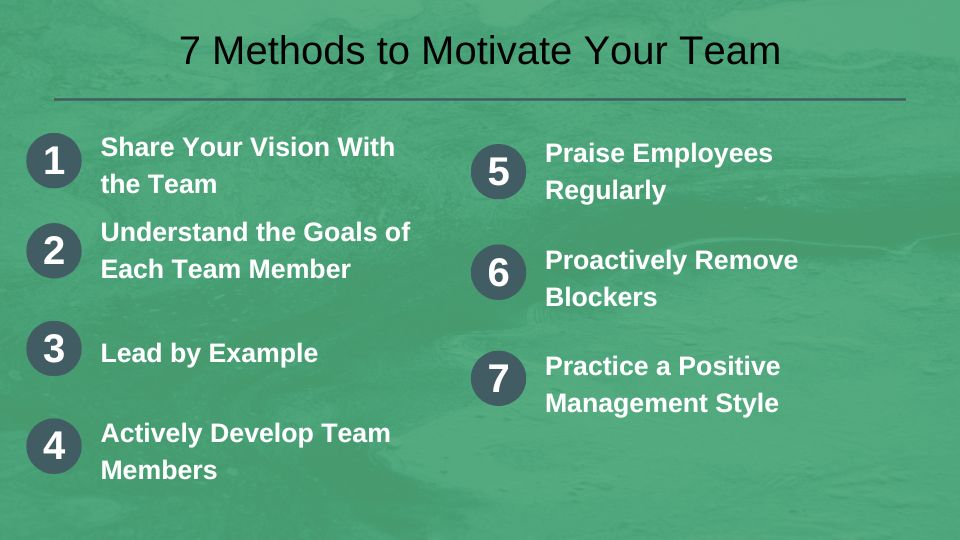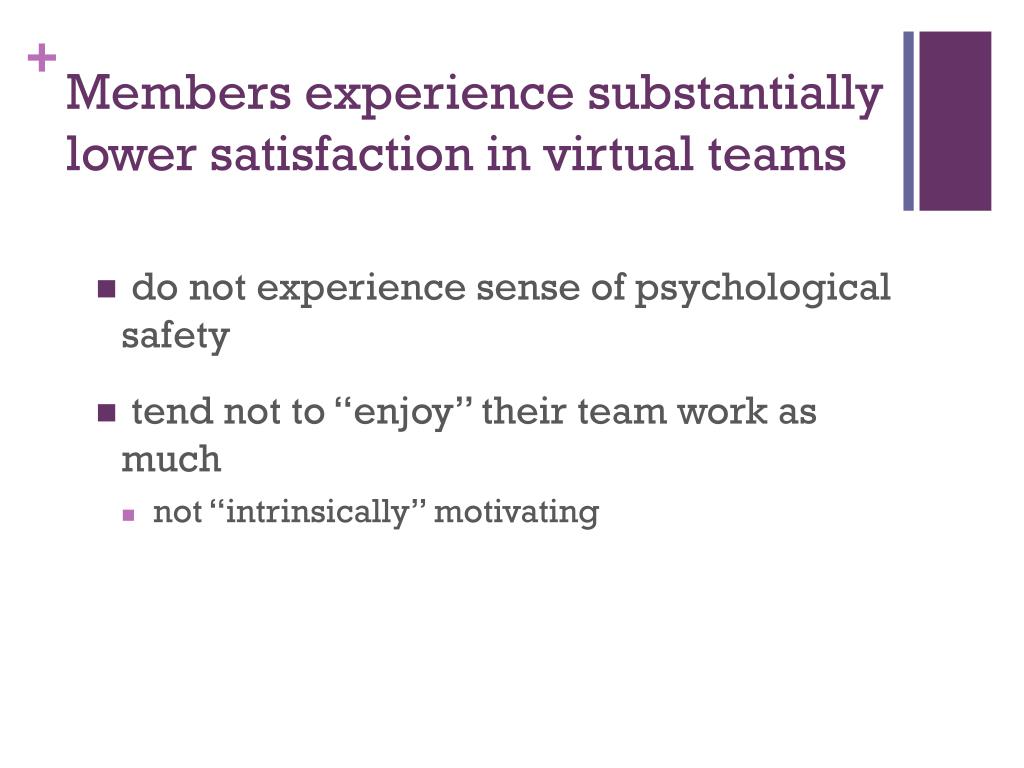How To Motivate Virtual Team Members

The virtual workplace, once a novel concept, is now a mainstay for countless organizations. But the shift from brick-and-mortar to remote operations presents a unique challenge: maintaining team motivation. A recent Gallup poll indicates that only 30% of U.S. employees are engaged at work, a number that can be even lower for remote workers if motivation is not intentionally nurtured.
Successfully motivating virtual team members requires a deliberate and multifaceted approach. It’s not merely about replicating in-office practices online. Instead, it demands a tailored strategy that considers the unique dynamics and potential pitfalls of remote work, such as isolation, communication barriers, and blurred work-life boundaries.
Building a Foundation of Trust and Connection
Trust is the bedrock of any successful team, and it's especially crucial in virtual environments. Regular, open communication is key to fostering this trust. According to a 2023 study by the Society for Human Resource Management (SHRM), teams with high levels of trust report a 106% increase in energy and a 50% increase in productivity.
Embrace Transparent Communication
Managers should strive for complete transparency in their communications. Share updates on company performance, strategic decisions, and team progress openly and honestly. Regular virtual town halls or team meetings can serve as platforms for these discussions.
Foster Informal Interactions
Virtual coffee breaks, online games, or even dedicated Slack channels for non-work-related conversations can bridge the gap of physical distance. These informal interactions allow team members to connect on a personal level, strengthening bonds and fostering a sense of community. Building a sense of community is crucial for team success.
"The human element is often overlooked in virtual settings. It's important to remember that people need to connect and feel valued, regardless of their physical location," - Dr. Anita Sands, Organizational Psychologist.
Empowerment and Autonomy
Virtual teams often thrive on autonomy. When employees feel empowered to make decisions and manage their own time, motivation naturally increases. Micro-managing should be avoided in virtual enviroments.
Delegate Effectively
Clearly defined roles and responsibilities are essential. Managers should delegate tasks effectively, providing team members with the resources and support they need to succeed, while also granting them the freedom to execute their work as they see fit.
Encourage Ownership
Encourage team members to take ownership of their projects. This can be achieved by involving them in the planning process, soliciting their input, and giving them the authority to make decisions within their areas of expertise. The level of authority should be determined by the managers.
Recognizing and Rewarding Contributions
Recognition is a powerful motivator, regardless of the work environment. But it's especially important in virtual settings, where accomplishments may go unnoticed if not actively celebrated.
Implement a Virtual Recognition Program
Consider implementing a formal virtual recognition program. This could involve awarding virtual badges, sending personalized thank-you notes, or highlighting outstanding contributions in team meetings. Some companies hold virtual celebration events.
Provide Opportunities for Growth
Offering opportunities for professional development and advancement can also be a strong motivator. This could include providing access to online courses, sponsoring conference attendance (virtual or in-person), or offering mentorship programs. This can motivate employees to preform at a high level.
Addressing Challenges and Maintaining Well-being
The virtual work environment presents unique challenges. Addressing these challenges and prioritizing employee well-being is crucial for maintaining motivation and preventing burnout.
Establish Clear Boundaries
Encourage employees to establish clear boundaries between work and personal life. This could involve setting specific work hours, creating a dedicated workspace, and taking regular breaks. Without these boundries, employee well-being will suffer.
Offer Resources for Mental Health
Provide access to resources for mental health and well-being. This could include offering employee assistance programs, providing access to mindfulness apps, or organizing virtual wellness workshops. Providing resources for mental health is paramount.
The future of work is undeniably leaning towards remote and hybrid models. To thrive in this evolving landscape, organizations must prioritize strategies that cultivate trust, empower employees, and recognize contributions in a virtual environment. By embracing these principles, businesses can build motivated and engaged virtual teams that drive success.


















